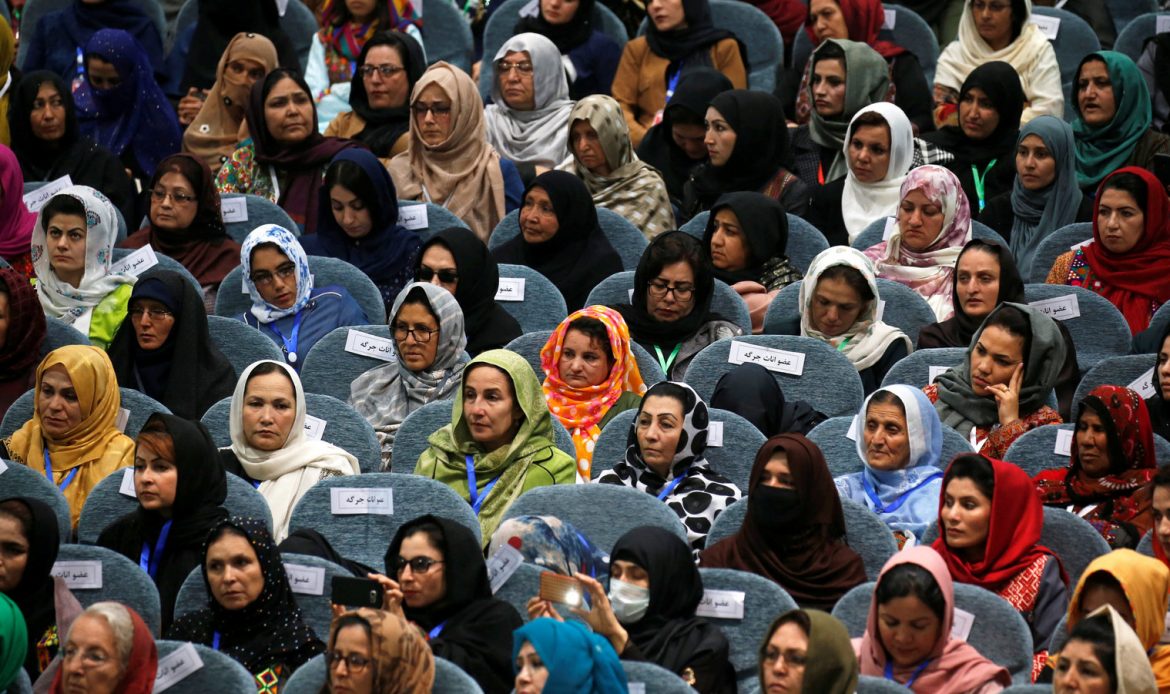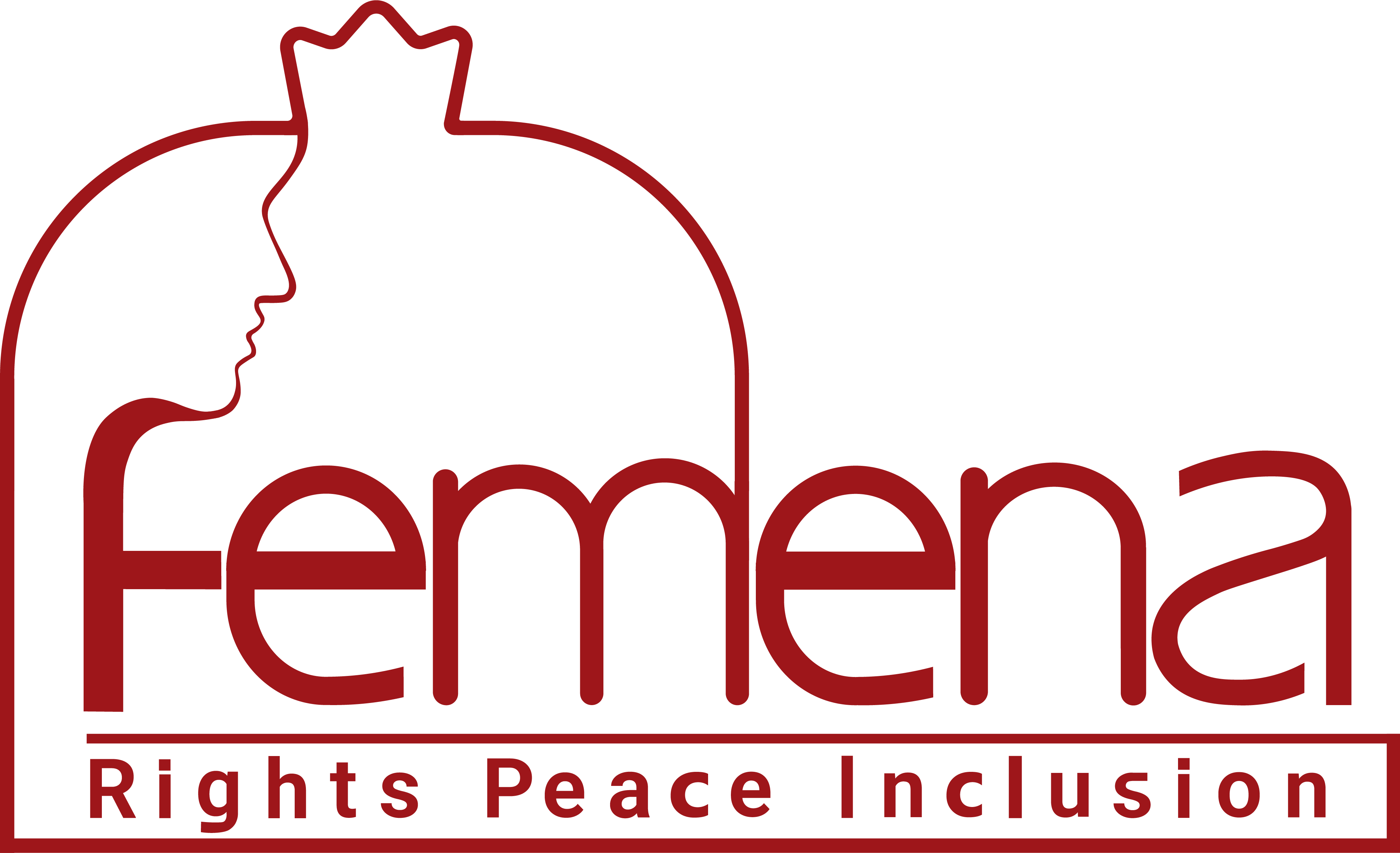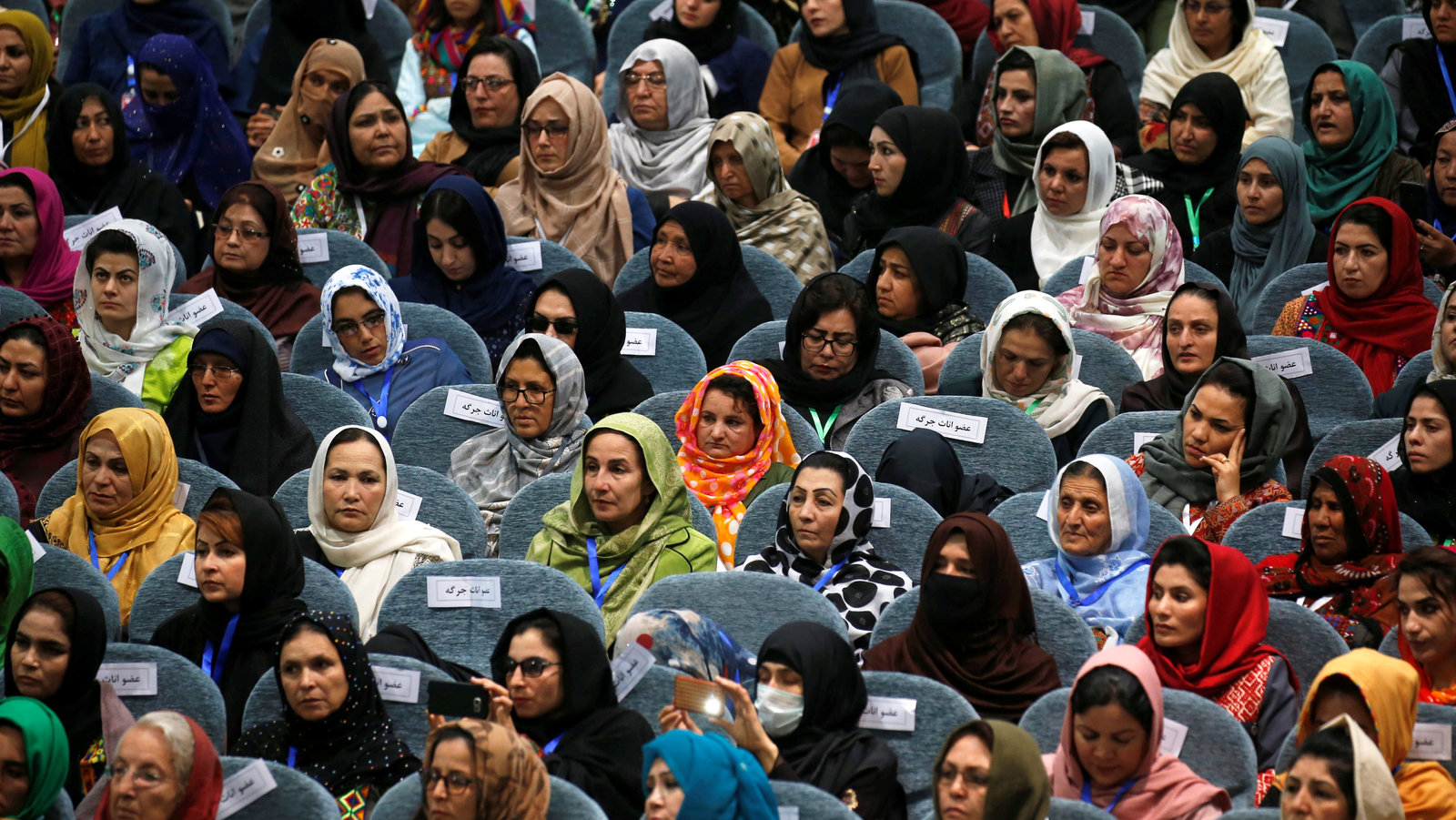
In light of the Security Council session on Afghanistan this week, Femena highlights its concerns regarding the findings of Resolution 2679 (2023) mandated independent assessment on Afghanistan, which is supposed to unify the council’s approach towards Afghanistan.
Femena has serious concerns about the gaps in the report.
The independent assessment, led by Feridun Sinirlioğlu, falls short, inadequately addressing Afghanistan’s human rights crisis, including violations against marginalized groups, LGBTQI+ communities, and the Taliban’s gender apartheid. While women in Afghanistan are virtually erased from public spaces and increasingly resorting to suicide due to the Taliban’s oppressive rule, the report downplays the gravity of previous UN statements, including those by the Secretary General, the High Commissioner, the Special Rapporteur on Afghanistan, and UNAMA. It emphasizes women’s education and employment as the only key issues, neglecting the broader spectrum of women’s rights.
The report fails to acknowledge constant attacks on women human rights defenders, with two, including Manizha Sediqi and Parisa Azada, currently in Taliban prisons. Additionally, it neglects the Taliban’s unwillingness to protect marginalized ethnic and religious groups, evident in recent killings and displacement of Hazaras in Daikundi and Uruzgan provinces.
The plight of LGBTQI+ communities under Taliban rule is overlooked, despite the decree of death as punishment.
The report’s recommendations ignore the past and recent history of the Taliban and policies they have implemented. Instead it provides recommendations based on an aspirational view of a Taliban that does not exist, which is an affront to those who are suffering human rights violations at the hands of the Taliban. The Taliban’s refusal to implement the report’s recommendations further highlights their oppressive rule. Despite the belief of some international actors in the Taliban’s progressiveness, the last 2+ years under their rule have proven otherwise.
As the Security Council considers the implementation of assessment findings and discusses future steps for Afghanistan, Femena urges the following:
- Comprehensive restoration of women’s rights by reversing all 65+ edicts adopted by the Taliban which severely undermine and limit women’s rights, mobility, access to healthcare, access to public space, and ability to work among other violations. Token concessions, such as allowing girls back to school under an extremist curriculum or limited work for women, are insufficient for international recognition of the Taliban.
- Protection of rights for marginalized groups, encompassing ethnic and religious communities, LGBTQI+ individuals, former government and military officials, and critics of the Taliban’s oppressive rule.
- Provision of humanitarian assistance with UN oversight to ensure fair aid distribution to those in urgent need.
- Facilitation of safe passage and ongoing evacuation for Afghans, especially marginalized groups, women human rights defenders, LGBTQI+ individuals, and vulnerable army personnel.
- Recognition that lasting peace depends on the meaningful and full participation of women and all Afghans in the country’s political future. Femena emphasizes the genuine consultation and active involvement of diverse Afghan women in proposed mechanisms, guided by their concerns, views, and priorities for legitimacy.
- Continued and meaningful consultation with Afghan civil society and especially women’s groups when devising international policy on Afghanistan.
- Provision of support to grassroots and emerging civil society groups, especially women’s groups, who are advocating for rights and freedoms.


